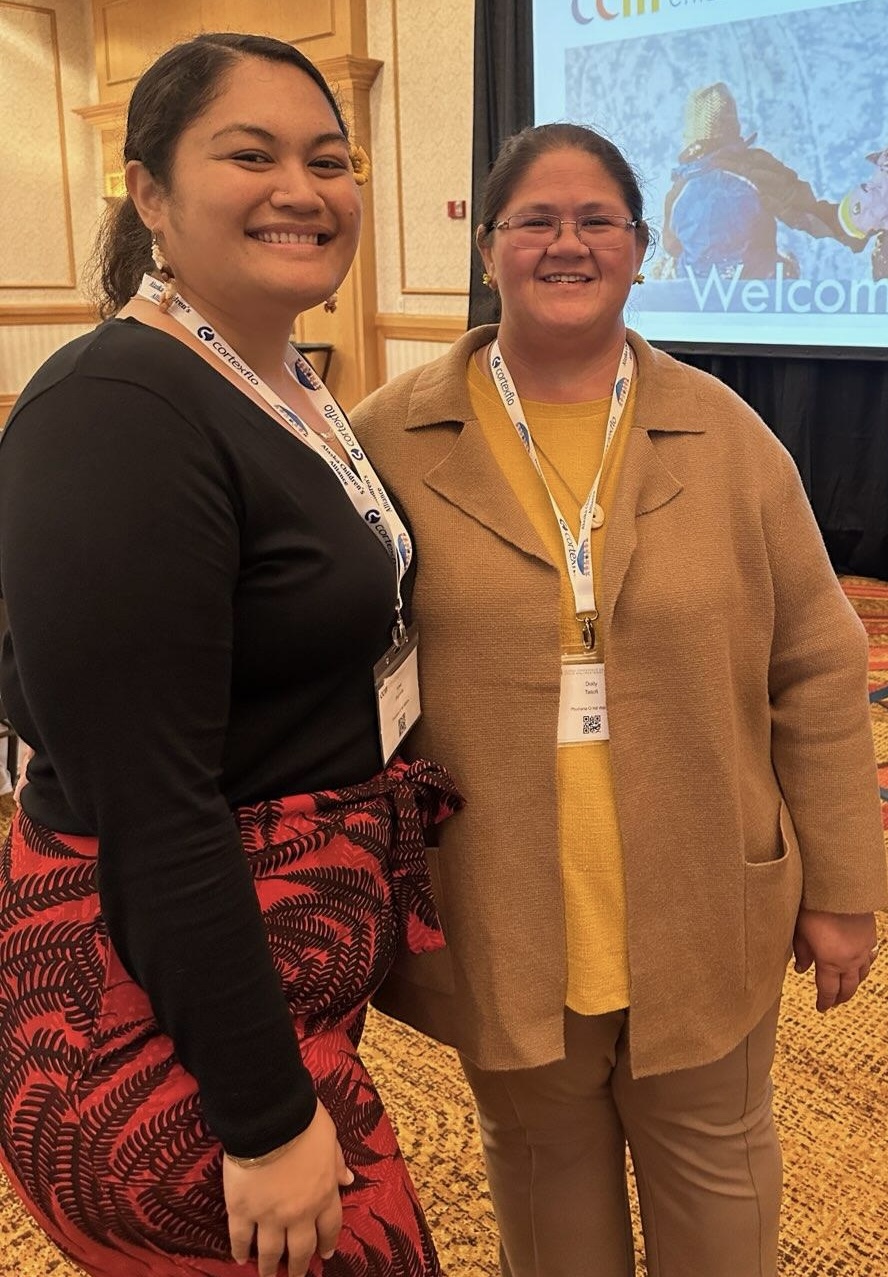Reclaiming Our Ways
A Glance at Decolonizing Hiring Practices
“He Hawaii Au,” or “I am Hawaiʻi.” I am Hawaiian. It is a simple yet intricate statement that is all-encompassing and inclusive. It is also held secret until one is ready to receive all that needs sharing. This reminder perpetuates the importance of pilina, connection, and relationships, including the ‘āina, the land, the elements, the kai, the ocean, humans, and animals, from the smallest organism to the source of life, each functioning independently. This statement is where the “me” is deeply known as the “we.” This is what it means to be Hawaiian.
Since colonization and Western intrusion, an unwanted presence had become the barrier and disconnect to this understanding, leaving kanaka ‘ōiwi (Native Hawaiian) not knowing who they were and where they came from. Colonization brought forth ways that did not align with kanaka ‘ōiwi values and traditions. Foreign systems and laws favored the new visitors and caused power shifts, making this new way the norm. This norm seeped into Nohona Hawaii (living the Hawaiian way), causing the adoption of new systems. Fast forward to the present, where living with the ʻāina became a thing of the past, and foreign systems disconnected a people from that which feeds and sustains them.

Kree
While vying for a Pouhana O Nā Wāhine team position, an invitation emerged to interview in an unconventional location— the lo’i (taro patch). Before this, I knew only Western interviewing methods (i.e., formal business attire, a quiet and professional office setting, and surface-level questions). Being kanaka ‘ōiwi and having previous experience in lo’i restoration, I was excited for this opportunity to ground. The lo’i has always been a safe and calming space, a place of ancestral connection where I felt my most authentic self.
Hōʻailona, or signs, presented themselves throughout the day. The location was Kāko’o ʻŌiwi, which was my hānau, or birthplace. The weather was inviting, with just enough cloud cover. In the distance were my beloved Ko’olau mountains, smiling with encouragement. The descent into the lepo, or mud, made me feel like an old friend was greeting me. The kalo (taro) and weeds allowed me to harvest/discard them with ease. I was surrounded by people ready to share years of wisdom and knowledge with me. Everything surrounding us laid the groundwork for pilina, or relationship building, and discussions.
Our interview, or kūkākūkā, took place in a grassy area adjacent to the lo’i patch. That connection to the ʻāina helped us cultivate the pilina between Dolly and me. It created an openness and a sense of comfort. The interview questions emphasized my values and ‘ano, or character, rather than my credentials. It was refreshing, and it helped us gauge whether my values aligned with the organization/ staff and their direction. I am pleased to share that we were, and they offered me the position. Being the first to undergo this innovative interview was an honor. I express my deepest gratitude to Dolly and Pouhana O Nā Wāhine for the opportunity to uplift and empower our lāhui (nation).
Dolly
Since inception, Pouhana O Nā Wāhine emphasized that our kanaka ʻōiwi worldview is based on pilina—the relationships between land, the ocean, the elements, kanaka (people), and especially those in the spiritual realm where Akua (god), ʻaumākua (personal or family god), and our kūpuna (elders) guide us. Each relationship is integral to our way of life and conducting ourselves respectfully. “Aloha mai, aloha aku,” or “Love and be loved.” “Mālama mai, mālama aku,” or “Care and be cared for.” “Aʻoaʻo mai, aʻoaʻo aku,” or “Teach and be taught.”
Immersing ourselves in ʻāina gives us a sense of belonging and identity. We remember who we are when we spend time with the ʻāina. This compelled me to reclaim this pilina by conducting our first hiring interview with Kree on the ʻāina at Kakoʻo ʻŌiwi on the windward side of Oʻahu. This opened a level of assessment of a potential hire through “ma ka hana ka ʻike,” loosely known as “in the doing is learning.” The space and activity revealed themselves when such an interview could occur. Kree was willing to teach our sister culturally specific resource centers on sexual assault about the importance of the taro patch or loʻi to our way of life. I could see Kree’s personability with Pouhana staff, our guests, and on the ʻāina. We discussed our role in the community and her interest in working for Pouhana. Removing barriers and tools like paper, pen, and table allowed for open discussion and genuineness. Sitting on the land with the sun above our heads and the wind embracing us felt good. This was pilina in action, and this is how we can live what we share with others through our work at the Native Hawaiian Resource Center on Domestic Violence.
This is how we heal and live simultaneously. I did not know exactly how this process would turn out, but I knew that kūpuna had guided me to open this space. We continue to weave this practice into our hiring processes. This will lead to further kanaka ʻōiwi practices that uplift our organization’s identity. Examples like these not only uplift an organization’s culture but also open the pathway for individuals, organizations, communities, and entire people to bring back what is pono (good) and feels right, including within our working environments. Too often, the importance of ‘āina and the spiritual space is not respected and included in our daily lives, yet these elements reassure us when we need a boost or a hōʻailona (sign) to affirm we made good choices. It is the pilina that we have and continue to need as a people to affirm the reclamation of our lifeways without shame or guilt. Embracing our ways unapologetically and confidently in completeness is our safety, protection, protective factor, and asset, and most of all ensures our healthy, long lives. “E hoʻi mai kākou i ka Nohona Hawaii,” or “Let us return to our Hawaiian lifestyle.”





